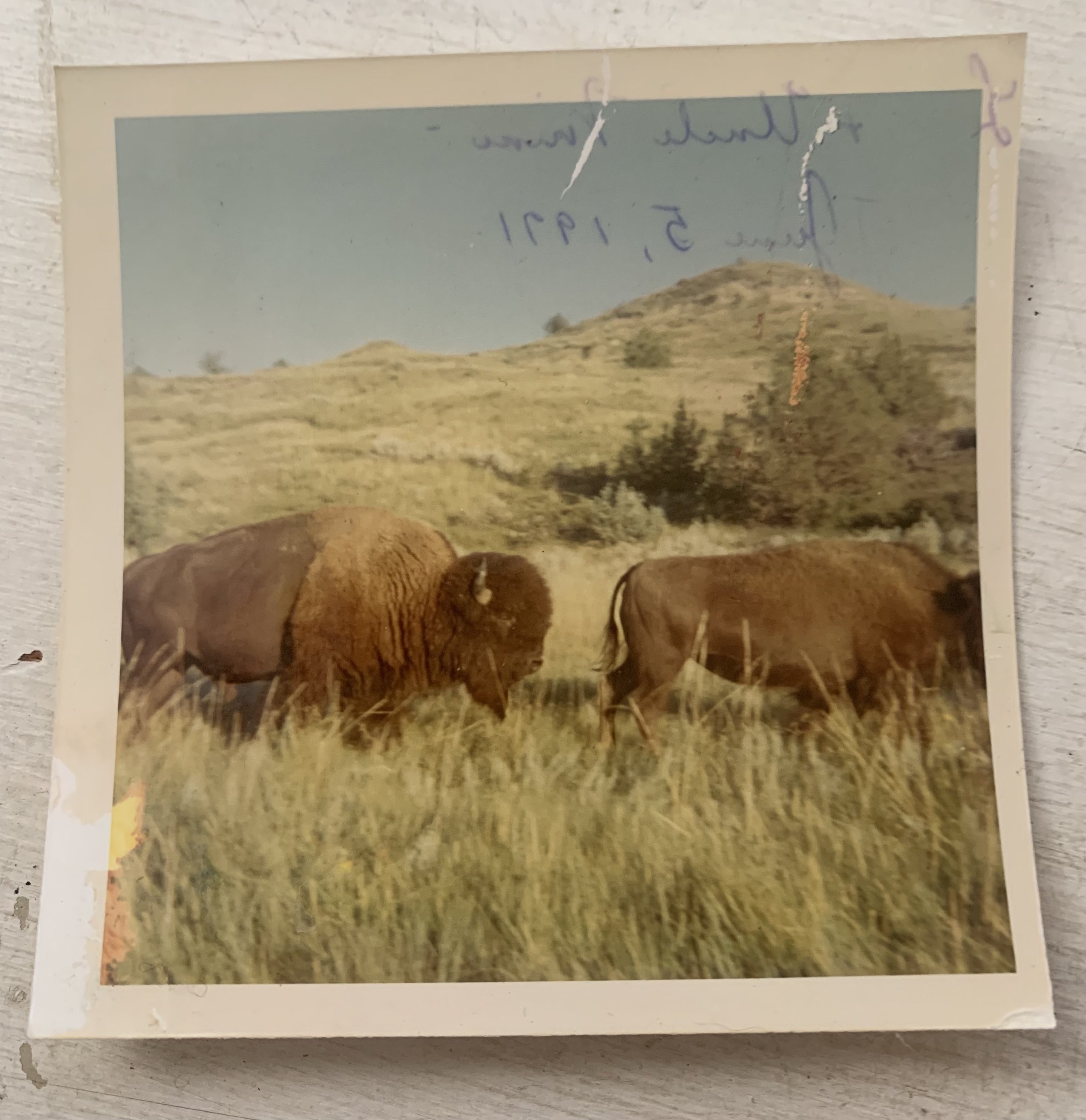Buffalo seasons Awareness in life

Grief’s Five: The Essential Pillars of Healing.
Grief is a deeply personal and often overwhelming journey. It can consume your energy, alter your perception of the world, and make even the most basic self-care practices feel like monumental tasks. While there is no roadmap to healing, there are five foundational elements—what I call Grief’s Five—that can help support you during this difficult time: sleep, nutrition, hydration, exercise, and socialization. These pillars serve as gentle guides to sustaining your well-being while navigating loss.

The Power of Group
The powerful benefits of psychotherapy groups have been documented for decades, most profoundly by Irvin Yalom, MD—a founding father of existential psychotherapy and group work. Yalom observed, “The act of revealing oneself fully to another and still being accepted may be the major vehicle of therapeutic help.”
As a group psychotherapist, I have worked with people living with cancer, caregivers, bereaved persons, compassion fatigue, women’s and men’s issues, and existential concerns. In five years, I was honored to have borne witness to the unique aspects of self-discovery, compassion, and personal growth that arise from exploring the human condition with others in a confidential setting. I have been greatly influenced by Dr. Yalom’s work, and I am grateful for the opportunity .
Mother’s Day, Not Always A Happy Holiday
In the United States, the origin of Mother’s Day dates to the 19th century. In the early 1900s, Anna Jarvis embarked upon a public campaign to establish an official holiday for mothers after the death of her mother. Herself childless, Anna lobbied for the special day as a way to recognize women’s contributions to society. In 1914, President Woodrow Wilson declared the holiday to be held on the second Sunday of May.
By the 1920s, the holiday had been so commercialized, that Anna denounced the holiday, petitioning the federal government to remove the holiday from the official calendar. And so, after thousands of years of honoring mothers and motherhood, the post-modern commercialization of Mother’s Day has been foisted on the public via television, social media, radio, advertisements, sales promotions … the list is endless. For some, the month-long lead-up to the holiday followed by endless social media posts capturing just the right smiles and hugs on the special day, can be unsettling.

Homage to a Woman Leader: Dr. Elisabeth Kübler-Ross
In spending countless hours with dying patients, Kübler-Ross identified the emotions and feelings they expressed on their journey toward end-of-life. Kübler-Ross is rightfully credited with changing the way we approach death and how we talk and listen to dying patients. What had previously been taboo in Western culture, had not only shifted the medical community’s views of death but also in popular culture. [1] A reevaluation of Kübler-Ross’s work has cemented her far-reaching influence on palliative medicine. [2]

Feeling the Absence in Ambiguous loss
In the 1970s, Dr. Pauline Boss identified a form of loss that results due to the physical or psychological absence of a loved one: Ambiguous loss. It is different from ordinary loss because “there is no verification of death or no certainty that the person will come back or return to the way they used to be.”

when grief is complicated
In this new blog series, I discuss types of complicated grief and how counseling can help a person struggling in their time of mourning. This week we learn about disenfranchised grief and how to help a loved one who is grieving.

Why Buffalo?
As a grief counselor, I walk with my clients through the storm, encouraging them to be the buffalo. We need to run into the grief storm, like buffalo run into the ice storm because trying to escape it is futile and depletes our resources.

